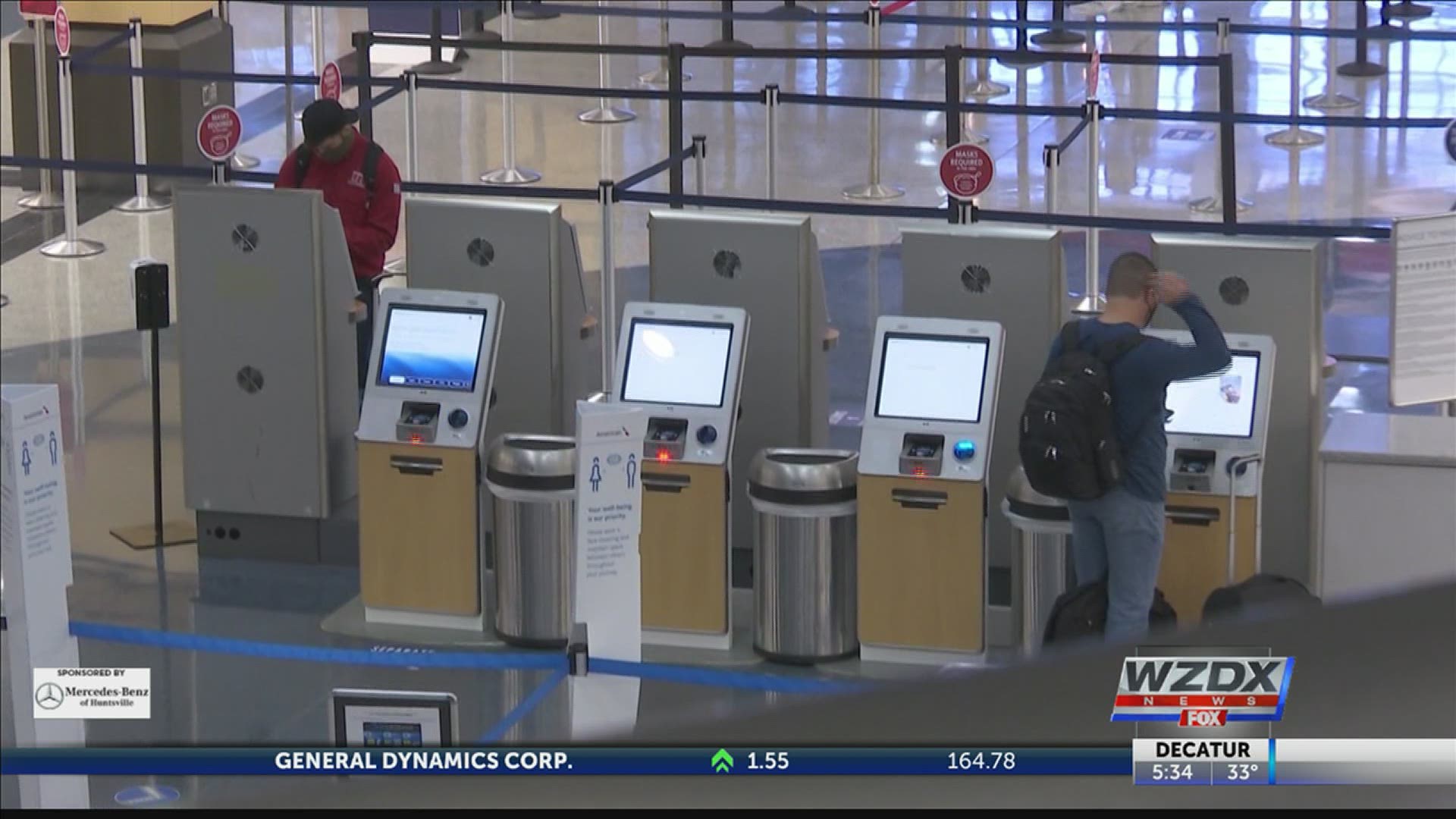WASHINGTON — Non-essential travel restrictions between U.S. land borders with Mexico and Canada have been extended through March 21, 2021, amid the ongoing COVID-19 pandemic, according to officials on Friday.
"To protect our citizens and prevent the further spread of COVID-19, the United States, Canada, and Mexico are extending the restrictions on non-essential travel at our land borders through March 21," U.S. Homeland Security tweeted on Friday.
The agency added that it is working to ensure "essential trade and travel remain open."
U.S. Homeland Security reported Friday that Secretary Alejandro N. Mayorkas spoke with Canada's Public Safety Minister Bill Blair to discuss a wide range of security issues, including "border safety measures in the COVID-19 environment, domestic violent extremism, cybersecurity, and gun control."
Canadian Prime Minister Justin Trudeau and Blair said Friday that any residents returning to Canada through the land border will "now have to show a negative PCR test result taken within the 72 hours before your arrival. " They added that travelers will have a mandatory quarantine for 14 days immediately after returning.
President Joe Biden and Canada's Prime Minister Trudeau plan to virtually meet on Tuesday to discuss how to tackle the pandemic together.
"I look forward to renewing the strong friendship between the United States and Canada and working to tackle the shared challenges we face," Biden tweeted on Saturday.
"Canada and the US share one of the strongest and deepest friendships between any two countries in the world," Prime Minister Trudeau tweeted Saturday. "I’ll be meeting virtually with @POTUS @JoeBiden - we’ll focus on ending the pandemic, growing the middle class and creating jobs, and fighting climate change."
For most people, the coronavirus causes mild or moderate symptoms. For some, especially older adults and people with existing health problems, it can cause more severe illness, including pneumonia and death.
The United States has more than 28 million confirmed cases of COVID-19, according to data from Johns Hopkins University.
As of Saturday, the U.S. had more nearly 500,000 deaths from the virus. Worldwide, there are more than 110 million confirmed cases with more than 2.4 million deaths.

